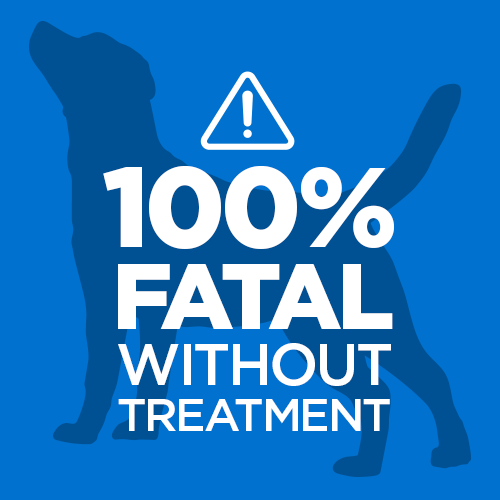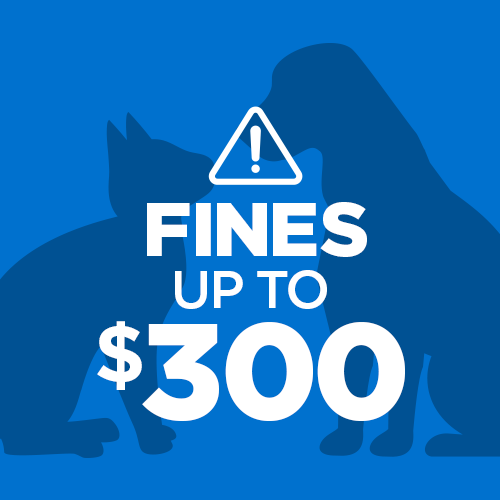Rabies is a serious but preventable disease. It is important to understand what rabies is and how to protect yourself and your pet.
What is rabies and how did my pet get infected?
Rabies is a zoonotic virus. It can be spread through the saliva of raccoons, skunks, bats, and foxes. Keep this in mind when you walk at night or near areas with outdoor litter. With just one bite, rabies can be transmitted from animals to humans.
Why should I vaccinate my pet?

Rabies: Fatal without treatment
- If your dog or cat is infected with rabies, it is 100% fatal if not treated immediately. You may not know that your pet is infected until it’s too late. The best way to protect your pet is to get them vaccinated.

Rabies: possible fines
- Some states can impose fines of up to $300 per pet if they are not vaccinated. Check with your local veterinarian or humane society for your state’s requirements.
I have an indoor cat. Do they need a rabies vaccine?
It is still recommended to vaccinate indoor cats against rabies. In some cases, your cat can get rabies. Bats can enter houses through cracks, and raccoons can break through window screens. Unfortunately, it is also possible for your cat to escape, whether they intend it or not.
I live in a rural community. What else do I need to know?
If you live outside the city or own a lot of land, your cat or dog may be free to roam. Wild animals are more threatening, so it’s crucial to vaccinate your pet against rabies.
How to get your dog or cat vaccinated
Make an appointment at a local pet clinic.
Dog vaccination schedule
- Puppies vaccinated between 12 and 16 weeks of age, as required by law
- Booster a year later
- Additional injections are given annually or every three years, depending on local regulations

Dog and cat vaccination schedule
Cat vaccination schedule
- Kittens between 12 and 16 weeks of age are administered as required by law in a single dose
- Booster a year later
- Shoot extra every year or every three years, depending on where you live
What is the difference between a one-year vaccine and a three-year vaccine?
State and local laws are the determining factor in how long your dog’s vaccinations will be effective.




